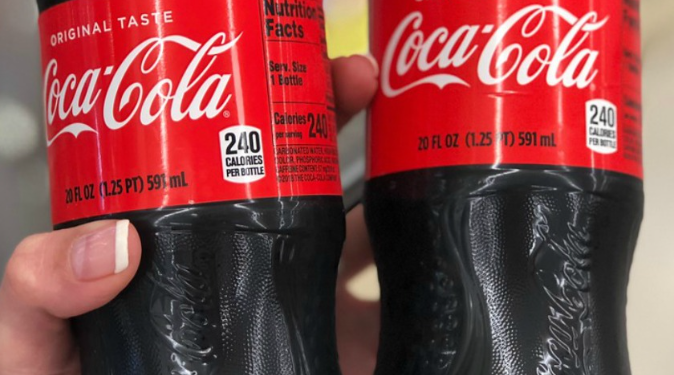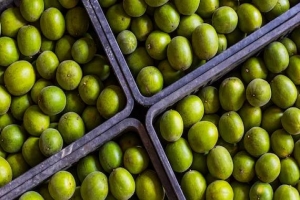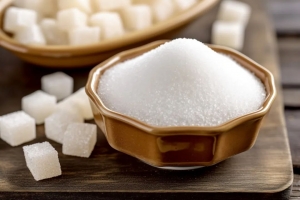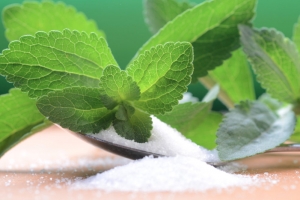Coca-Cola's formula is not static, and the company recently launched two crowdsourcing challenges, hoping to find new sources of low-calorie natural sweeteners with the help of the public and researchers.
The challenges were launched on the HeroX platform, with the first challenge being the “Coca-Cola Sweetener Challenge,” which calls on researchers to find natural, safe, low-calorie sweeteners. Participants will compete for a $1 million grand prize to be awarded in October 2018.
The second challenge is for the general public, called the "Sweet Story Challenge," inviting people from all over the world to share natural sweet foods or drinks from their own cultures, communities and families. The winners will be announced in December, and up to five winners will share a prize of $100,000.
Coca-Cola hopes to find a taste people like and use newer and better sweeteners to reduce the calories of drinks.
Coca-Cola has previously tried to change its formula. In May, newly appointed CEO James Quincey said in an interview with Bloomberg that the company had adjusted the sugar content of some of its brands, replacing some white sugar with stevia. Stevia is a calorie-free sweetener extracted from the plant stevia, and its slightly bitter aftertaste affects the taste of the beverage. Although stevia has a long history of use, it was only approved for use by the European Union in 2011. In June of this year, Coca-Cola's first stevia-containing cola, Coca-Cola Life, withdrew from the UK market due to poor sales.

In contrast, Coke Zero has a good sales volume, but consumers have always been skeptical about the artificial sweeteners it uses. A study published in the journal Stroke this year analyzed the potential link between artificial sweeteners and stroke and Alzheimer's disease, and concluded that these two diseases may be related to artificial sweeteners, but because there are too many influencing factors, the results need further verification.
Previously, there have been papers reporting on the effects of artificial sweeteners on intestinal flora, and the conclusion is that sweeteners such as sucralose, aspartame, saccharin, and acesulfame potassium will affect sugar absorption by changing the flora, thus causing glucose intolerance, which may lead to metabolic diseases such as type 2 diabetes. Although the experimental dose in the study was high, a person weighing 60 kg would have to drink 18.8 bottles of 500 ml Coke Zero every day to reach the highest dose of aspartame, but it is still difficult to dispel doubts about the safety of lower doses.
Quincey described the discovery of new sweeteners as "the search for the Holy Grail." Today's consumers not only want sweeteners to be natural, but also require them to be safe—not to cause disease or metabolic disorders. In the previous earnings conference, Coca-Cola's announcement to remove Coke Zero from the shelves showed its determination to stay true to the original flavor. Under many restrictions, the task of finding an ideal sweetener is complex and arduous. Whether there is an impeccable sweetener that stands out, we might as well wait and see.
 The regulation of Monk Fruit Extract (also known as Luo Han Guo extract) varies across different cou
The regulation of Monk Fruit Extract (also known as Luo Han Guo extract) varies across different cou
 Health Canada Approves Monk Fruit Extract as a Natural Sweetener
Health Canada Approves Monk Fruit Extract as a Natural Sweetener
 New Breakthrough in Allulose: A Healthier Sugar Alternative Gains Momentum
New Breakthrough in Allulose: A Healthier Sugar Alternative Gains Momentum
 Understanding Reb-M: The Benefits of a Next-Generation Sweetener
Understanding Reb-M: The Benefits of a Next-Generation Sweetener